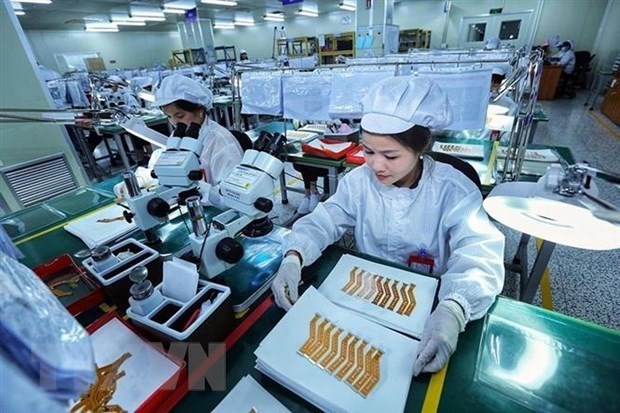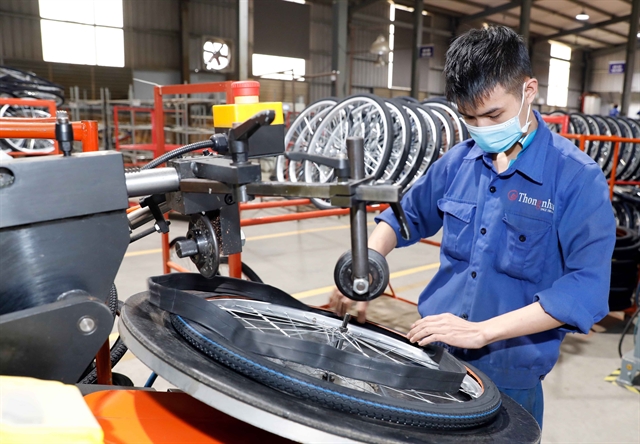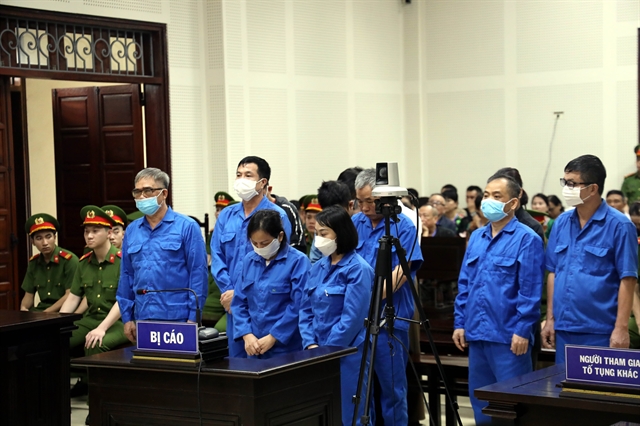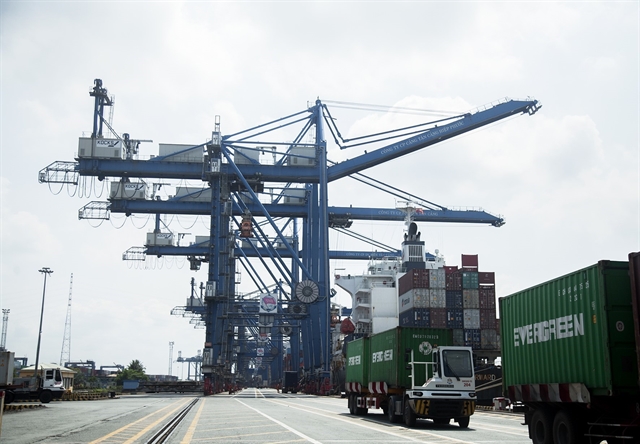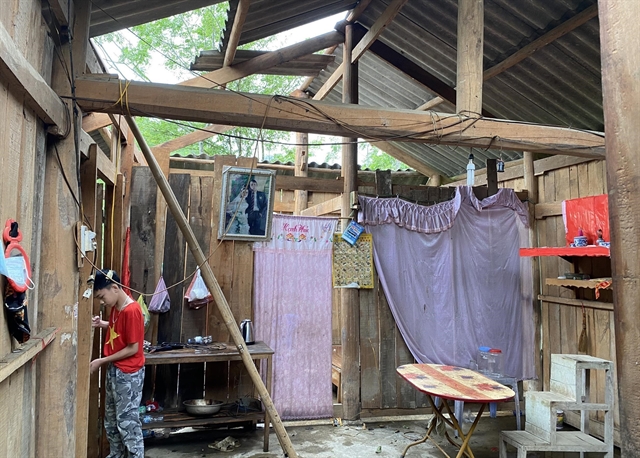 Society
Society

More inspections street-food are needed to control food safety and hygiene and prevent food poisoning.
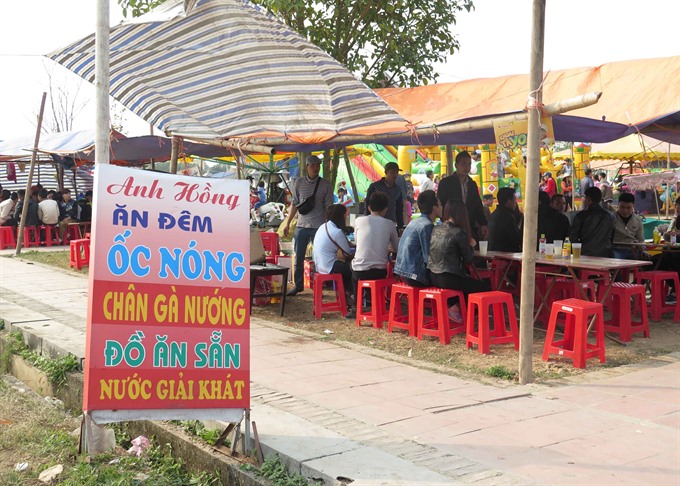 |
| Quick and affordable street food is often the first choice of students and people with low-incomes, however it has been said the food poses risks to health.--VNA/VNS Photo Xuân Tiến |
HÀ NÔI – More inspections street-food are needed to control food safety and hygiene and prevent food poisoning.
Quick and affordable street food is often the first choice of students and people with low-incomes, however it has been said the food poses risks to health
According to surveys by Hà Nội Mới (New Hà Nội) newspaper, street food has become more and more popular in Ha Noi. Most of the establishments are near hospitals, schools, markets and factories.
In front of Việt Đức Hospital and the Central Obstetrics Hospital in Triệu Quốc Đạt Street, at lunch time, several mobile street foods stalls selling rice and noodles can be seen on the sidewalks.
The vendors use their bare hands to serve food and customers sit eating on the dusty sidewalks. And the mobile shops do not have enough water to clean dishes.
Street food restaurants in Núi Trúc Street of Ba Đình District and part of Trung Liệt Ward of Đống Đa District are the same.
Dr Trần Ngọc Tụ, head of Hà Nội’s Food Safety and Hygiene Administration, told the paper that restaurant owners did not fully comply with food safety and hygiene laws.
“At present, about 20 per cent of food service entities are using food with unknown origins,” Tụ said.
“Seventeen per cent of street food shops were located near polluted areas and the food was not on shelves at least 60cm above the ground,” he told the paper.
Meanwhile, many shops did not comply with regulations to protect food from dust and insects. Cooks used bared hands to serve food and many shops did not use clean water for processing food and washing dishes and cooking utensils, Tụ said.
According to the official, most street food stalls were mobile, making it difficult for officials to control food safety and hygiene.
Additionally, local authorities had not tightened inspections of food safety and hygiene or strictly punished violations.
Under current regulations, inspections on restaurants and street food stalls are the remit of ward and township authorities. But these authorities just warned violators or levied small fines unlikely to prevent violations, said Tụ.
Last year, wards and townships in Hà Nội inspected more than 17,000 restaurants and street food stalls and fined 16 street food vendors a total of VNĐ9.3 million (roughly US$400) for food safety violations.
To overcome shortcomings in street food control, recently, deputy director of Hà Nội Healthcare Department, Trần Văn Chung has asked agencies to enhance food safety inspections in the city.
Chung asked local authorities to carry out periodical inspections on restaurants and street food stalls at least four times a year.
The Hà Nội Food Safety and Hygiene Administration should conduct unscheduled inspections to restaurants and street food stalls to uncover violations.
Violations must carry strict sanctions and be made public.
Also, to effectively implement the food safety and hygiene regulations, information dissemination to food sellers and people is important. – VNS




